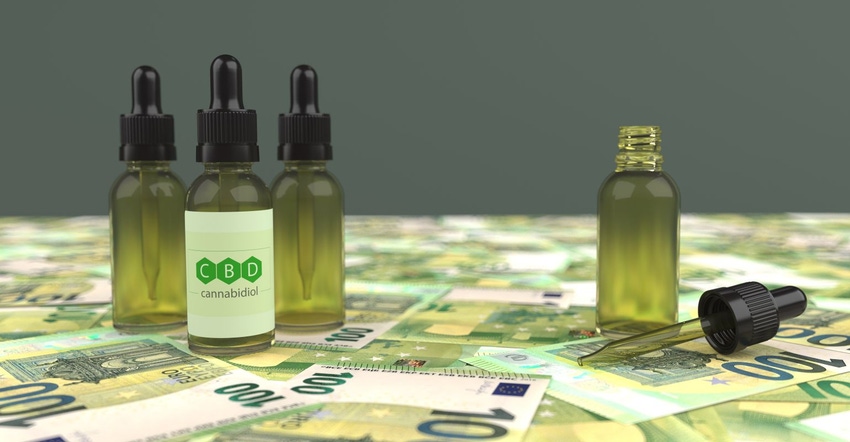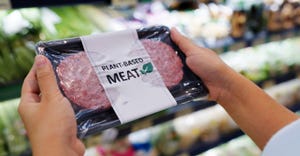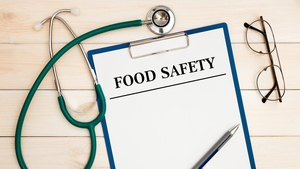A novel foods authorization is needed before companies can put CBD foods on the market in parts of Europe.

For the past few years, CBD has been making headlines and getting major attention in the supplement world. Despite current regulatory barriers, the industry has great hopes for the future of this cannabinoid—with some companies investing heavily in CBD-based products. But is this level of optimism realistic?
CBD used in foods or supplements is considered a novel food in the EU and the U.K. This means that, in theory, for companies to be able to put CBD supplements and foods on the market, a novel foods authorization first needs to be obtained. In 2020, the industry became concerned about discussions within the European Commission on whether CBD should be considered a narcotic, as this would have prevented its commercialization as a food supplement. Luckily, the EU Court of Justice put an end to this discussion through its ruling on the Kanavape case, in which the court declared CBD could not be considered a narcotic due to the substance not having any psychotropic effects. This helped pave the way for CBD to have a place on supplement shelves in the future, but the industry cannot declare victory yet—far from it.
From the thousands of novel foods applications received by the European Commission so far, only three have made it through to the European Food Safety Authority (EFSA) for evaluation. It is important to note that the three involve synthetic CBD (no hemp-derived CBD application has been successful in reaching this stage yet). EFSA’s risk assessment for one of the three applications is expected to be completed by January 2022, opening the door for the final authorization to be granted in 2022.
Meanwhile in the U.K., in an unprecedented move and following a boom of CBD products, the Food Standards Agency decided to give companies until March 31, 2021 to submit valid novel food applications for products to be able to remain on the market. Only the products associated with these validated applications can now stay on shelves, with all other products needing to complete the novel food authorization process—essentially a “copy and paste” from the EU system—before being allowed to be commercialized. This unusual approach to novel foods enforcement was warmly welcomed by industry and was seen as a sign of a more lenient approach to CBD and novel foods in general in the U.K.
The situation in the U.K. is further complicated by the fact that Northern Ireland needs to keep following EU standards to meet the requirements of the Northern Ireland Protocol signed by the U.K. and the EU to facilitate a Brexit deal, thereby creating complexities for companies commercializing CBD products there.
Although the regulatory path for the full legalization of CBD supplements seems to be clearing up, industry on both sides of the channel still faces some big challenges. The most important of which is the very burdensome process to be able to make health and nutrition claims on products. Any nutrition or health claim needs to be approved and added to an official list of authorized claims, both in the EU and the U.K. (which also took this system from the EU into its legislation). The process to get this approval is burdensome and the chances of success are slim. This has been one of the more widely criticized regulations by the food industry since it was introduced 15 years ago.
On the other hand, a big opportunity is opening in the U.K. with a May 2021 report from the country’s Taskforce on Innovation, Growth and Regulatory Reform—calling for a new regulatory framework for the fast-growing category of novel health-enhancing foods and supplements to promote investment in the U.K. This, according to the report, should include creating a permissive environment for regulation of products with accepted science outcomes and encouraging data gathering to support claims and enable research into products medicinal and health properties, lead on international standardizations and ensure a pathway to market, so that consumers are aware of the health benefits.
Expecting a bright future for CBD in Europe is reasonable, but the industry needs to push for some changes to make regulations fit for purpose. Great potential exists to do this, especially in the U.K., with the window of opportunity provided by Brexit. However, businesses need to get ahead in the game by participating in ongoing policy and regulatory discussions before this window closes.
Andrea Gutierrez-Solana ([email protected]) is an account director at Whitehouse Communications, where she advises clients on agri-food and public health policy, and EU and U.K. public affairs. Previously, she worked for a Brussels-based law firm specializing in trade and agri-food regulatory matters, and she gained experience in the European Commission’s Directorate-General for Trade, where she worked on food safety and market access files. Fluent in Spanish and English, Gutierrez-Solana earned a dual bachelor’s degree in law/political science and public administration, and has a master’s degree in European union law.
About the Author(s)
You May Also Like






